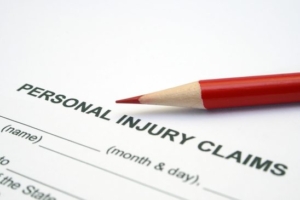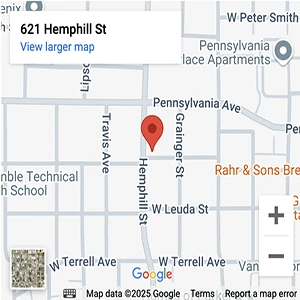How Can I Prove Emotional Distress? Van Zandt Accident Attorney Discusses 4 Strategies
There are two categories of damages in personal-injury cases: economic and non-economic, as outlined in the Texas Statutes. Economic damages are easier to quantify and prove. They include medical expenses and lost income. Non-economic damages, such as emotional distress, can be more difficult to win. This is where an accident attorney may be able to help.
Because of the subjective nature of emotional trauma, many juries and judges are hesitant to award large sums of money for it. However, according to Cornell University, accident victims may be able to recover non-economic damages if they present the right evidence.
Even if liability seems obvious, recovering compensation in a personal-injury claim is rarely a straightforward process. If you were the victim of a car or truck accident in Texas, then attorney N. Eric Cooper can help you navigate the claims process.
At the Cooper Law Firm, we understand how traumatic an unexpected injury can be. You should not have to pay for health-care bills and lost income out of your own pocket. If you would like to discuss your legal options with a Van Zandt personal-injury lawyer, then call 903-297-0037 today.
Until then, read on to learn four strategies for proving emotional distress in Texas:
- Demonstrate how your injury is the direct cause of your emotional distress.
In the majority of cases, claiming emotional distress is impossible without having an actual injury, regardless of how traumatic the car accident was. To win a claim of emotional suffering, you need to provide evidence of your injury and prove that it is responsible for your emotional trauma.
- Use evidence to prove the existence of your emotional distress.
Few juries will take a claim of emotional distress seriously. Even the most well prepared arguments will face skepticism. Juries require proof. Your accident attorney may provide evidence of migraines, depression, ulcers, neuroticism, psychosis and other admissible conditions related to emotional stress.
- Prove how your emotional distress is the direct result of a particularly traumatic event.
Most successful emotional distress claims involve extreme circumstances. Common examples include permanent scarring, disability, a loved one’s death, disfigurement or a fear of death.
A car accident alone is not necessarily a traumatic event – at least in terms of recovering damages for emotional distress. However, if you can prove how the accident had an extreme result, then you may be able to recover non-economic damages.
- Keep records to legitimize your claim.
Even the smallest detail may influence the success of your case. Keep records of psychiatric visits, medical reports, sleeping problems, performance issues at work and every other feeling, occurrence or thought. You should also record notes about physical problems such as migraines or ulcers.
No amount of compensation can undo the trauma of an accident, but recovering non-economic damages can provide some much-needed financial relief. If you were the victim of another driver’s negligence, then contact the Cooper Law Firm at 903-297-0037.

















